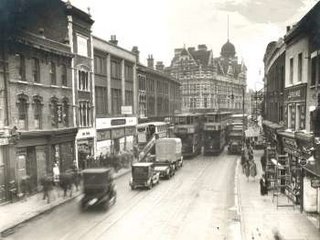 Imagine William's shock when he discovers where the hotel his wife had booked is. It is on the very square where he had first met Martha. His wife is worried about him, but cannot find exactly why her husband is so afraid. Worse, when he's left alone, William seems to see Martha, out of the corner of his eye.
Imagine William's shock when he discovers where the hotel his wife had booked is. It is on the very square where he had first met Martha. His wife is worried about him, but cannot find exactly why her husband is so afraid. Worse, when he's left alone, William seems to see Martha, out of the corner of his eye.
Then, one day, as he looks out on the square, just after Christmas of 1868, William sees a woman, under the trees. His heart stops. For it is Martha!
He runs down to the square, but the woman is gone. This happens several times. Each time, William is sure that he has seen Martha. He feels that she's stalking him, dogging his every move. Soon, William is a wreck. He seems to see her everywhere.
At last, just after New Year, 1869, Sheward cracks. He hurries down to Walworth Police station and asks to see a policeman. They're surprised to see a successful businessman breaking down in tears, telling them in detail how he'd committed a crime almost two decades earlier. He is arrested and shipped back to Norwich to be tried.
In prison, William realises that his crime has caught up with him at last. He tries to retract his confession, saying that he had been depressed and drunk that day. As depressed and drunk as he had been when he had picked up that razor, back in Tabernacle Street
But it's too late for William. The deed has been done, Light 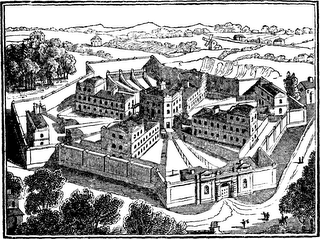 has shone in on the shadows in William's heart. Despite the directions of the judge, the jury find him guilty. At last, the judge stands and pronounces sentence. The dread words he had heard in his mind on Mousehold Heath:
has shone in on the shadows in William's heart. Despite the directions of the judge, the jury find him guilty. At last, the judge stands and pronounces sentence. The dread words he had heard in his mind on Mousehold Heath:
'You will be taken from here to a prison, from there you will be taken to a place of execution, there to be hanged by the neck until you are dead."
And, soon after the trial, in a little room at Norwich City Gaol, William Sheward, now fifty-three, is hanged. He has paid for his crime. While he was able to evade the police, he could not evade his own conscience.
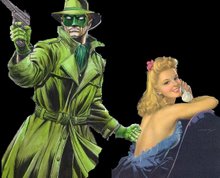



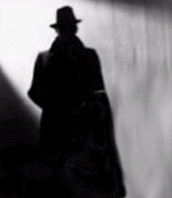
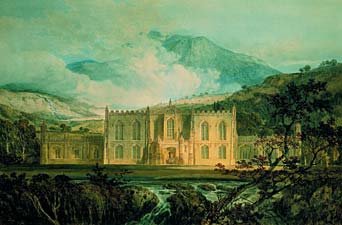
1 comment:
Yes, this was truly a strange tale. Crime never pays, for if your conscience doesn't convict you, then The Green Man will surely destroy you in the end as he inflicts pain upon the evildoers of this fallen world.
Post a Comment